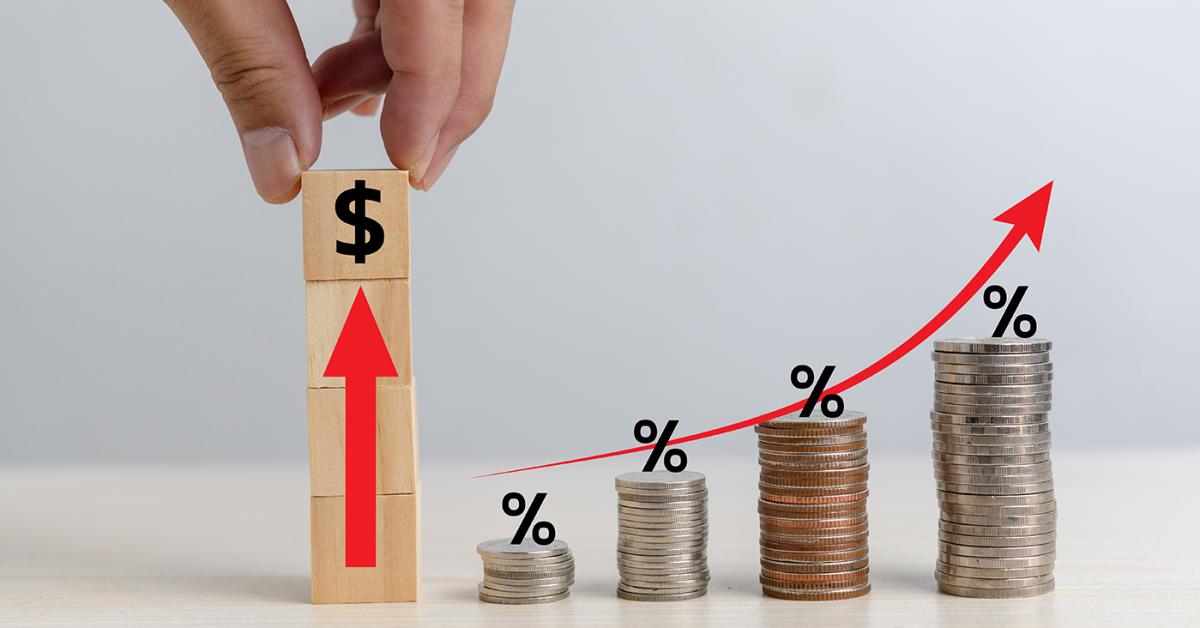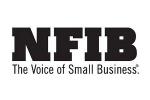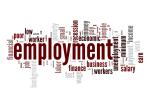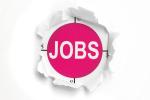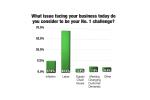WASHINGTON — The National Federation of Independent Business (NFIB) Small Business Optimism Index rose 2.2 points in July to 93.7, the highest reading since February 2022. However, the group notes, this is the 31st consecutive month below the 50-year average of 98.
Inflation remains the top issue among small-business owners, the NFIB found, with 25% reporting it as their single most important problem in operating their business, up four points from June.
“Despite this increase in optimism, the road ahead remains tough for the nation’s small-business owners,” says NFIB Chief Economist Bill Dunkelberg. “Cost pressures, especially labor costs, continue to plague small-business operations, impacting their bottom line. Owners are heading towards unpredictable months ahead, not knowing how future economic conditions or government policies will impact them.”
Key findings of the study include:
- Seasonally adjusted, a net 33% reported raising compensation in July, down five points from June and the lowest reading since April 2021.
- The net percent of owners expecting higher real sales volumes rose four points in July to a net negative 9% (seasonally adjusted), the highest reading of this year.
- The net percent of owners raising average selling prices fell five points from June to a seasonally adjusted net 22%.
- Seasonally adjusted, a net 24% plan price hikes in July (down two points). This is the lowest reading since April 2023.
- Thirty-eight percent (seasonally adjusted) of all owners reported job openings they could not fill in the current period, up one point from June.
Study Findings
Seasonally adjusted, the NFIB reports that 38% of all small-business owners reported job openings they could not fill in their current period, up one point from June. Of the 57% of owners hiring or trying to hire in July, 86% reported few or no qualified applicants for the positions they were trying to fill.
A net negative 16% of all owners (seasonally adjusted) reported higher nominal sales in the past three months. The net percent of owners expecting higher real sales volumes rose four points to a net negative 9% (seasonally adjusted), the highest reading of this year.
The net percent of owners reporting inventory gains fell six points to a net negative 9%, the lowest since August 2020. Not seasonally adjusted, 11% reported increases in stocks and 17% reported reductions.
The net percent of owners raising average selling prices fell five points from June to a net 22% seasonally adjusted. Twenty-five percent of owners reported that inflation was their single most important problem in operating their business. Unadjusted, 13% reported lower average selling prices and 36% reported higher average prices.
Seasonally adjusted, a net 33% reported raising compensation, down five points from June and the lowest reading since April 2021. A seasonally adjusted net 18% plan to raise compensation in the next three months, down four points from June. Nine percent of owners cited labor costs as their top business problem, down two points from June and only four points below the highest reading of 13% reached in December 2021. Nineteen percent said that labor quality was their top business problem, remaining behind inflation as the number one issue.
The frequency of reports of positive profit trends was a net negative 30% (seasonally adjusted), one point worse than June. Among owners reporting lower profits, 33% blamed weaker sales, 17% blamed the rise in the cost of materials, 11% cited labor costs, and 10% cited lower selling prices. For owners reporting higher profits, 45% credited sales volumes, 31% cited usual seasonal change, and 11% cited higher selling prices.
About the Study
The NFIB Research Center has collected Small Business Economic Trends data with quarterly surveys since the fourth quarter of 1973 and monthly surveys since 1986. Survey respondents are randomly drawn from NFIB’s membership. The report is released on the second Tuesday of each month. This survey was conducted in July 2024.
Have a question or comment? E-mail our editor Dave Davis at [email protected].
